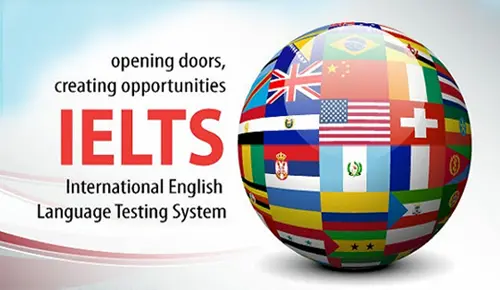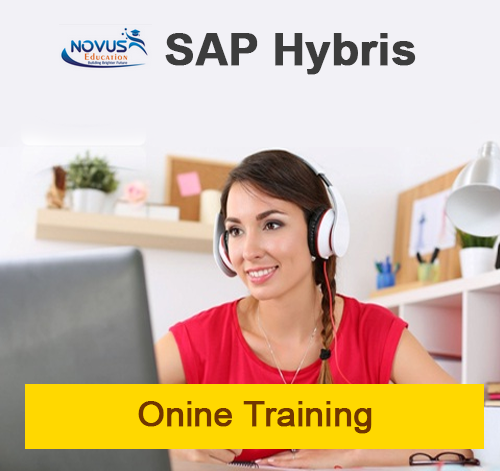Data Science Course ContentLearn the most cutting edge technologies and concepts to shape the future
Duration
60 – 80 Hrs
Targeted Audience
- Professionals with 1-20 years of experience
- Freshers interested in data science domain
Course Duration : 60 – 80 Hrs.
Summary of the course
- Candidates will be able to understand from basic statistics to advanced data science models
- Candidates will learn the Big Data (Spark) and machine learning concepts
- Candidates will learn R and Python
- Design and architect machine learning and artificial intelligence solutions
- At the end of course, participants will be able to solve complex data science problems
- Candidates will be able to compete in data science hackathons, machine learning/Artificial Intelligence competitions across globe
- Participants will be able to contribute research communities of data science and artificial intelligence
Trainer’s Profile
- Having 10 + years of experiences on multiple technologies
- Over 6 years of experience in Big Data, Machine Learning and Deep Learning
- Winner of several online and offline hackathons
- Published several research papers
- Consulting for various organizations in the field of big data and analytics
- Several doctorates and research paper guidance experience
- Innovation, research, industrial experience, training and multifaceted experience
- Proven track record in conducting online and classroom training
Syllabus
| Foundations of Data Science | Sub – Topics |
| Intro to Analytics Tools & Statistical Techniques | 1. Statistical Analysis using R -(Descriptive Stats) 2. Data collection, presentation and visuals, measures of central tendency, dispersion and correlation 3. Linear Regression 4. Intro to Analytics which is done during Launch |
| Statistical Learning | 1. Probability and Different Distributions 2. Logistic regression, Probit regression 3. Hypothesis Testing, scores and applications |
| Structuring & Visualizing Problems | 1. Structuring the problem in analytics – 1.1.Acquire 1.2.Frame 1.3. Refine 1.4.Explore 1.5.Model 1.6 Visualize and communicate and Different Static Visualization techniques using ggplot, ggmap etc on R |
| Big Data Technologies | |
| Big Data on Hadoop | 1. Intro to Big Data and Hadoop 2. Hadoop Ecosystem 3. Map Reduce 4. Hive |
| intro to NoSql | 1. NoSQL Databases, 2. Case Study |
| Python for Data Science | 1. Introduction to Python 2. pandas 3. numpy 4. scipy 5. datetime objects and time series data ( only from language point of view) 6. matplotlib for data visualization 7. Use case for linear and logistics regression |
| Machine Learning on Big Data | |
| Supervised Learning and Ensembles | 1. Intro to Machine Learning, 2. Naive Bayes 3. KNN using Python and 4. Decision Tree 5. Ensemble Techniques 5.1.Bragging and Boosting, 5.2. Random Forest |
| Unsupervised Learning | 1. Cluster Analysis 2. Classification 2.1 K means clustering 2.2 hierarchical clustering, 3. PCA |
| Featurization, model selection & tuning | 1. Feature Extraction 2. Text Classification 3. Model Selection and tuning – 3.1Training Set Error vs Test Set Error 3.2 K-fold Cross Validation 3.3 Feature Selection 3.4 ROC or Receiver Operating |
| Deep Learning | |
| Introduction | 1. Intro to Deep Learning 2. concepts 3. Wide application areas |
| Deep Learning concepts | 1. Neural Network 2. Recurring neural network 3. Sequential Network 4. connvolution neural network 5. GAN |
| Tensorflow, Keras | 1. Installation and configuration 2. Lab |
| Application | 1. Finance 2. Bio Medical 3.Supplychain 4. Automation |
| Deploy models in GCP | 1. Google Cloud Platform 2. Deploy ML models in GCP |
| Project | Case study |



